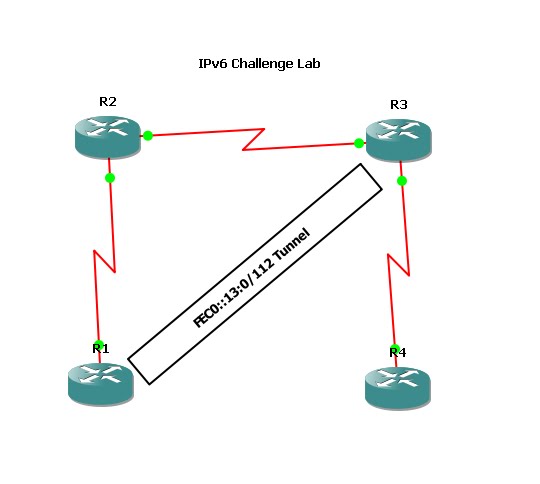Posted by: A41202813GMAIL
« on: 23. September 2015., 16:31:29 »4 Years And Counting.
As I Said Before, When You Cry Wolf, Do Not Expect People To Take You Seriously Anymore, Period.
Cheers.
As I Said Before, When You Cry Wolf, Do Not Expect People To Take You Seriously Anymore, Period.
Cheers.



 Total Members: 14176
Total Members: 14176






